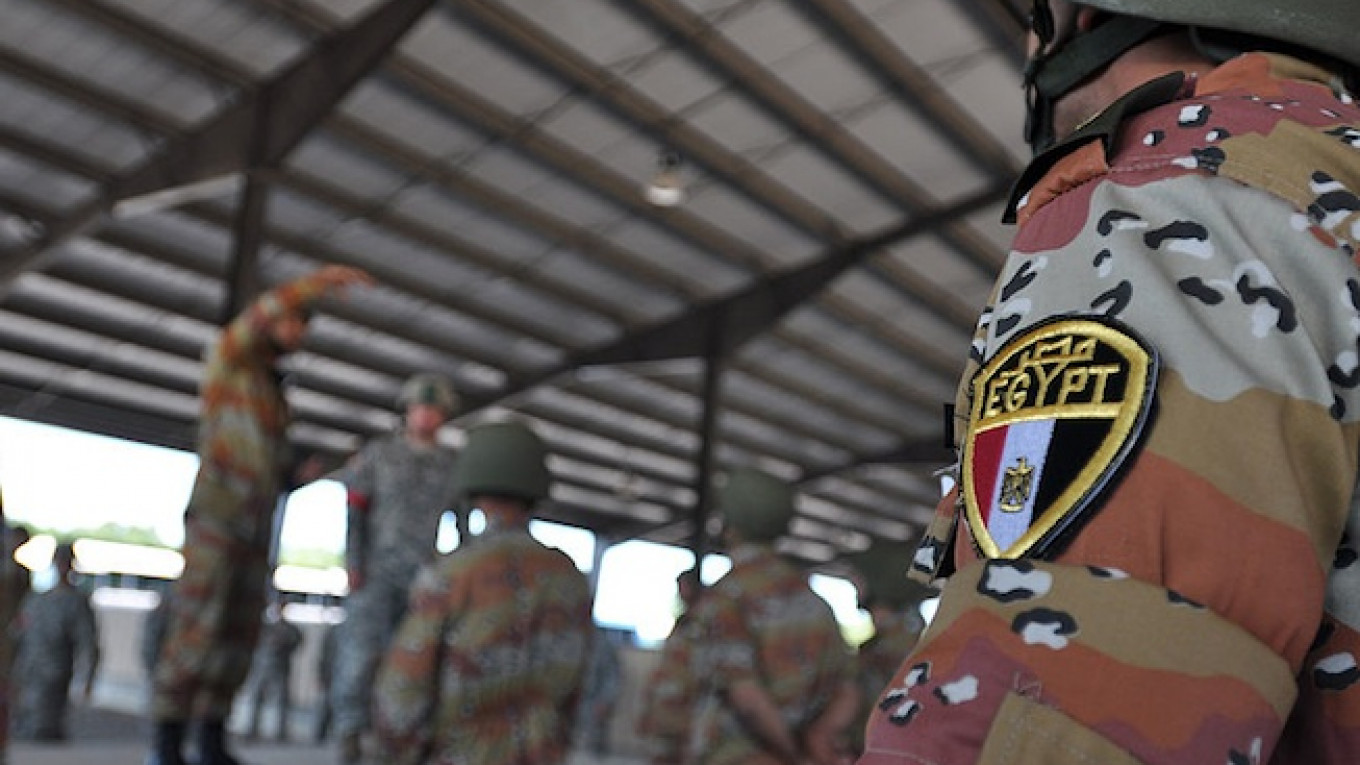TEL AVIV — A senior Israeli intelligence official who tracks the regional arms balance has said Egypt is buying Russia's advanced S-300 air defense system, a deal reported in Russian media but not confirmed by Cairo.
Asked about the Israeli remarks, an Egyptian official did not corroborate them but said Wednesday that Israel should not feel threatened.
"If we are getting such a thing, it's because we're looking east, not north," the official said, in an apparent reference to Iran, whose nuclear and missile programs worry many in the Arab world, as they do Israel.
An Egyptian military spokesman was not immediately available for comment on the Israeli remarks.
In a state of stable albeit cold peace since 1979, Israel and Egypt have in recent years stepped up security coordination against Islamist militants.
But while Israel has encouraged the United States to arm Cairo against Islamist insurgents in the Egyptian Sinai, it has been less pleased with prospects of its southern neighbor acquiring strategic weapons systems.
In a March 6 report, the Russian news agency TASS said Egypt would receive the Antey-2500 missile system, an S-300 variant, and put the value of the contract at more than a billion dollars.
Russian authorities have also not confirmed the S-300 deal.
Asked during a briefing with foreign journalists about the Russian media reports, the senior Israeli intelligence official, who could not be named under military secrecy regulations, said: "If you speak about the S-300, they [Egypt] are buying this system.
"I don't know what kind of threat Egypt looks at when they decide to buy it, but we don't see Egypt as the enemy," the official said, adding that he hoped bilateral relations would continue to improve.
The S-300 is capable of engaging various aerial threats at long ranges and would thus pose a challenge to Israel's technologically advanced air force.
Russia separately has planned to sell S-300 batteries to Iran, touching off open consternation in Israel.
A U.S. official who has communicated with Israel about its regional concerns said he had heard "muted" misgivings over the S-300 deal, but that the Israelis appeared resigned to it.
"They have a problem because here they are telling us we should give [Egypt] all this kit for Sinai, and yet they have problems with certain other weapons systems. They're aware that it's a mixed message, and they don't want to risk that," the official said on condition of anonymity.
Egypt depends on extensive U.S. military aid, which can potentially be influenced by Israel's own lobbying clout in Washington.
The Egyptian official, asked how Cairo, with its economy battered by four years of domestic upheaval, could afford the weapons system, coined an Arabic phrase that roughly translates as, "We have money under the mattress."
A Message from The Moscow Times:
Dear readers,
We are facing unprecedented challenges. Russia's Prosecutor General's Office has designated The Moscow Times as an "undesirable" organization, criminalizing our work and putting our staff at risk of prosecution. This follows our earlier unjust labeling as a "foreign agent."
These actions are direct attempts to silence independent journalism in Russia. The authorities claim our work "discredits the decisions of the Russian leadership." We see things differently: we strive to provide accurate, unbiased reporting on Russia.
We, the journalists of The Moscow Times, refuse to be silenced. But to continue our work, we need your help.
Your support, no matter how small, makes a world of difference. If you can, please support us monthly starting from just $2. It's quick to set up, and every contribution makes a significant impact.
By supporting The Moscow Times, you're defending open, independent journalism in the face of repression. Thank you for standing with us.
Remind me later.


